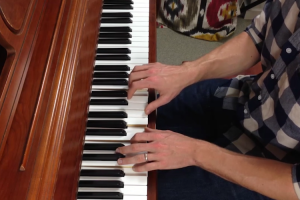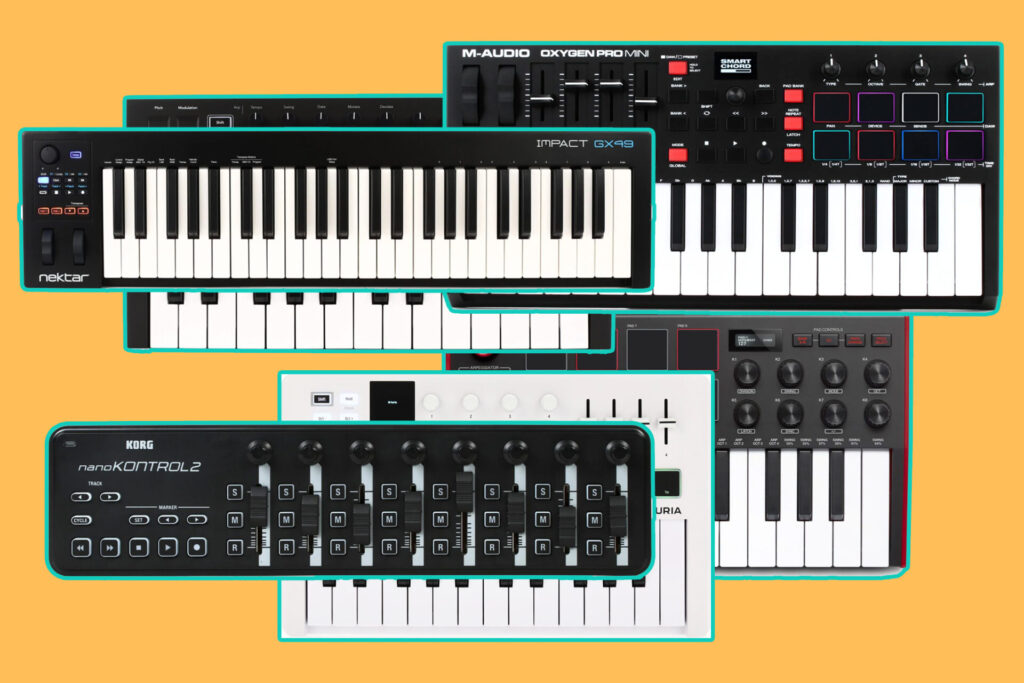Scales play an integral role in any musician’s artistic vocabulary. They help us understand harmonic and melodic language, even if we aren’t consciously thinking about them all the time. When they’re properly understood, scales can be secret-revealing road maps in a musical journey. But more often than not, they’re treated like robotic exercises and nothing more.
For as long as I can remember, scales were an assigned part of my practice routine. As a kid, I was encouraged to work my way through them, one key at a time. Once I had “mastered” a scale, I’d transpose the whole thing up a fifth, and start all over. All the while, the steady tick-tick-tick of a metronome closely supervised my fingers.

In college, with every new semester came a new type of scale or mode. Each were practiced in quarters, eighths, triplets, sixteenths, and hemiolas. I played them well enough to pass, but never gave them much thought until I started taking composition seriously. Up until that point, learning scales was a system of memorization for me. I’d learn the notes, I’d learn the fingerings, and then I was done. But as soon as I started trying to write my own music, I suddenly became very aware of the patterns each scale was built upon. The deeper I dove in, the more exciting it became.
Learning scales by reading the ink was an okay process for me — it certainly helped me to develop my technique. However, I wish I had taken the time to understand those patterns earlier on, instead of having to rely strictly on my reading and ear training abilities.
Learn the patterns
Well, good news, reader: We at Soundfly have a video that can help you learn major scales in just that way! Once you wrap your head around a simple pattern of whole steps and half steps, you’ll be well on your way to playing and understanding major scales in every key.
I won’t give anything else away. Check out the video above and get practicing!
To continue working on your piano skills, check out our FREE courses Building Blocks of Piano, Music Theory for Beginner Pianists, and The Improviser’s Toolkit.



